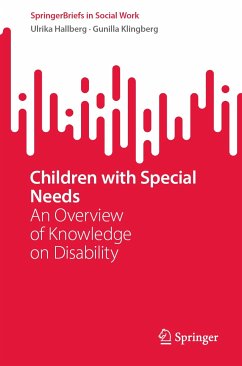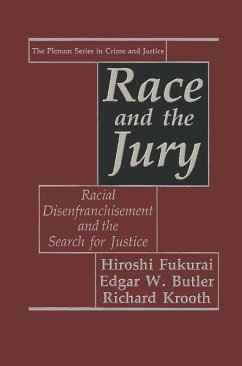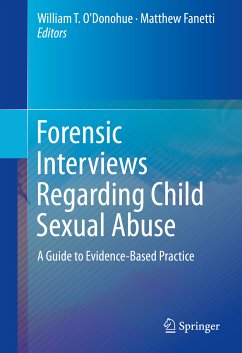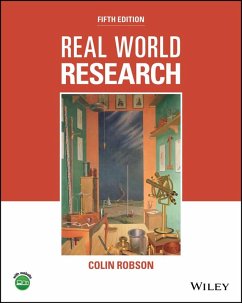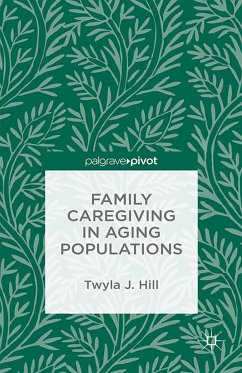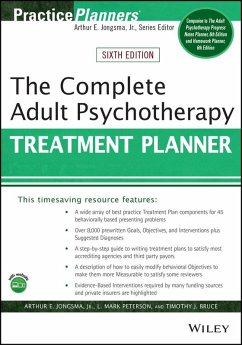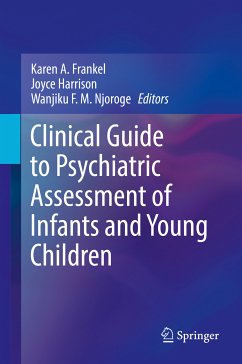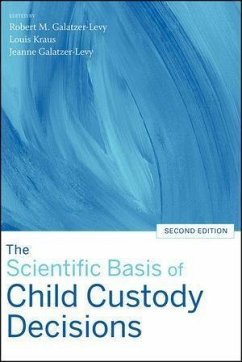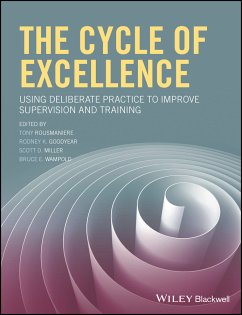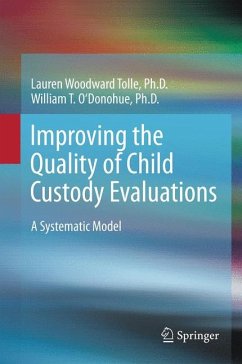
Improving the Quality of Child Custody Evaluations (eBook, PDF)
A Systematic Model
Versandkostenfrei!
Sofort per Download lieferbar
40,95 €
inkl. MwSt.
Weitere Ausgaben:

PAYBACK Punkte
20 °P sammeln!
¿ ¿ This book resolves a key problem that all evaluators need to attend to:, i.e., what constructs ought to be measured?, all the while giving them practical ways of doing this. It also presents data showing family court judges like the model, and it does this fairly briefly but in a way that is nicely embedded in the research literature.
Dieser Download kann aus rechtlichen Gründen nur mit Rechnungsadresse in A, B, BG, CY, CZ, D, DK, EW, E, FIN, F, GR, HR, H, IRL, I, LT, L, LR, M, NL, PL, P, R, S, SLO, SK ausgeliefert werden.





